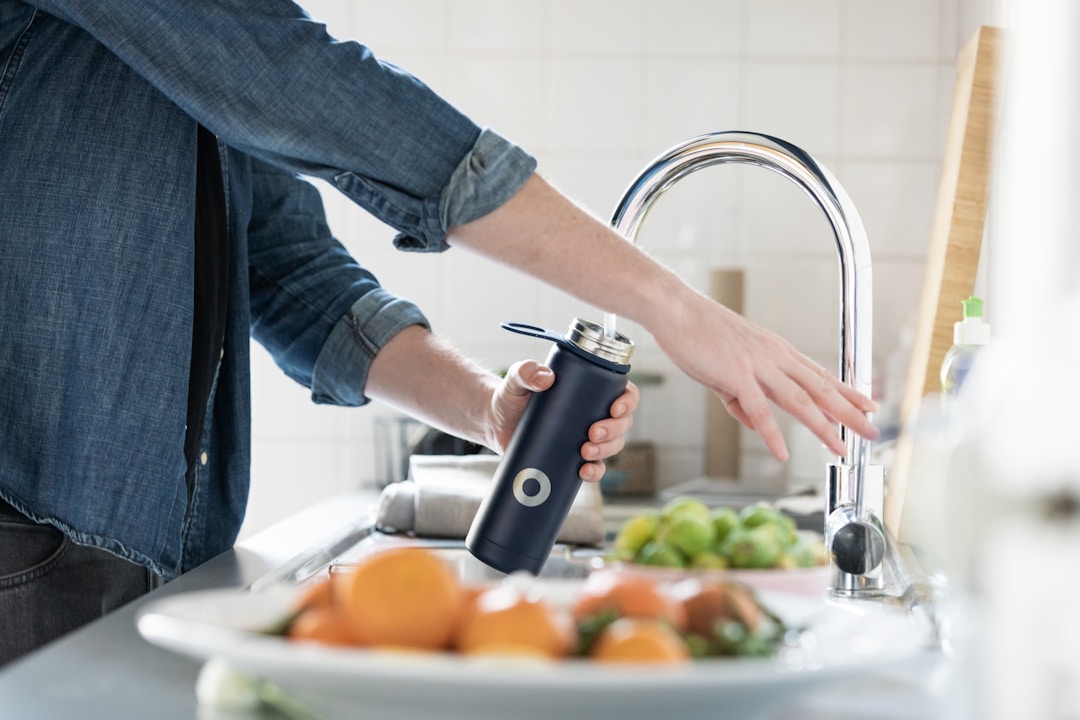No one likes to talk about bladder control, but a person’s bladder is, nonetheless, a crucial part of their well-being. Not only that, but urinary incontinence is surprisingly common among adults in the United States. In fact, according to the CDC, over half of older adults deal with some level of loss of bladder control. This is nothing to be ashamed of—the bladder is a muscle, as is the pelvic floor and the sphincter, and sometimes our muscles weaken over time. You wouldn’t expect to be able to lift the same amount of weight at 65 as you could at 25, would you? The same is true for bladder control.
When we think of wellness practices, we usually think about herbs or capsules full of vitamins—not urine leakage. Perhaps, though, it’s time to change this thought process. After all, we can’t help those who have bladder troubles unless we acknowledge that the problem itself exists. With that in mind, let’s talk candidly about bladder health and how to maintain it. No shame—just facts.
Make it easy to stay hydrated.

The first thing to do if you have bladder troubles is to stay hydrated. Or, in other words, you need to be drinking more water. Don’t like the taste of your tap water? No problem. There are water delivery companies out there, like Sparkletts, who can provide spring water delivery services. Don’t want to buy gallons of spring water in plastic water bottles? Have one of the water companies deliver your gallons of spring water in a larger container for a water cooler. While it may seem counterintuitive to drink more if you’re dealing with urinary incontinence, the truth is that not drinking enough can lead to complications like a UTI (urinary tract infection) or even kidney stones. Despite the urgency you feel due to an overactive bladder, hydration is still a key part of your overall health.
There are capsules you can take to treat bladder challenges.

Now that you’ve found a water delivery service to fill up your water dispenser, and maybe gotten an app to remind you to drink, it’s time to do something about getting control of your bladder. It’s crucial to tell your healthcare provider that you’re experiencing leaks and to ask about supplements that may help.
There are natural solutions out there, like Confitrol24 with Urox, that use herbs to support your bladder control. Ask a doctor about side effects and try out all the possible solutions. Confitrol is available at big stores, like Walmart, so you can get it with ease. Even if you prefer to only take capsules that include natural ingredients, there are solutions for your urinary incontinence. Don’t be shy about asking about Confitrol and other solutions.
Physical therapy can go a long way towards bladder control.
Beyond a natural supplement and antioxidant teas, you should also find out about physical therapists who specialize in strengthening the muscle tone of your pelvic floor and sphincter. There are specific exercises for these muscles, and this muscle tissue can be strengthened just like any other muscle can be. If you want to lift heavier weights, you have to do strength training. If you want to increase your bladder tone, you have to do strength training for your pelvic floor. This is another area you can ask your doctor about. A combination of physical therapy for your bladder muscles and a natural way to treat this medical condition will have a major impact on your quality of life.
While urinary incontinence may not be the most fun topic to discuss, it’s far worse to feel shame because of leaks and other incontinence issues. Many people face these types of discomfort, and there are ways to get the help you need. From Kegel exercises to Confitrol or delivery of 5-gallon bottles of spring water, get yourself on the path to increased bladder control as soon as you can.